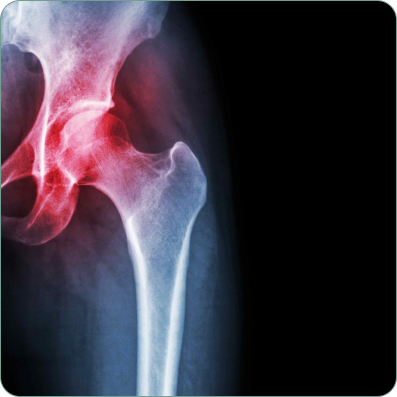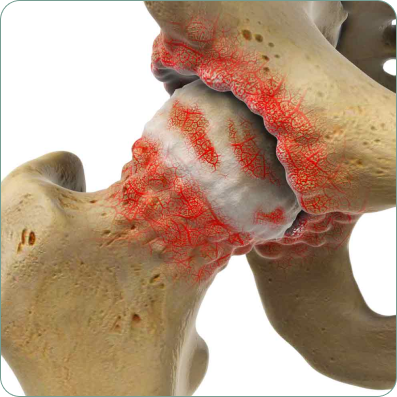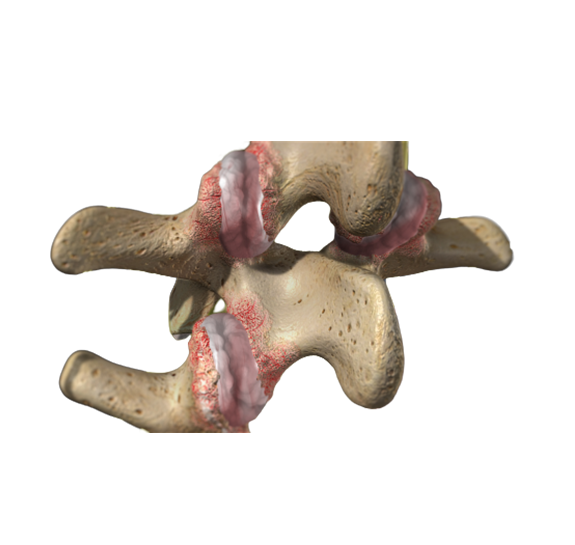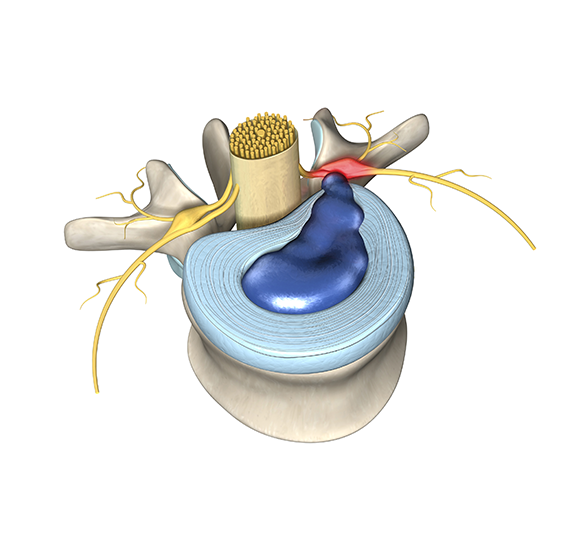Total Hip Replacement

Find out if Total Hip Replacement is right for you
Hi. I’m Dr. Dan Lieberman, the medical director at Phoenix Spine and Joint. I will be your guide through this interaction. Everyone is different, and this stuff can be complicated. But for all practical purposes, total hip replacement is one of the greatest things modern medicine has to offer. Finding out if total hip replacement is right for you by completing the interactive is worth your effort. Please let me know if you have any questions or comments.

First, let’s talk about you…
Which hip hurts?
Since your current pain began, how many weeks has your hip hurt?
Do you mind if we ask how old you are?

One of the risks of total hip replacement is the implant wearing out and having to be replaced. Since you are over 65 years old your expected lifetime risk of needing to have your implant replaced is less than 4%.
One of the risks of total hip replacement is the implant wearing out and having to be replaced. Your risk of implant failure over your lifetime is around 8%. That means there around there is around a 92% chance you will not need another surgery for your hip.
No one is too young for total hip replacement; however, the risk of the implant needed to be replaced is higher due to your young age. Your surgeon will work with you to exhaust all other options before entering into total hip replacement.
What is your BMI? Let’s see. Enter your weight and height:
Do you have a known allergy to any metals?


One of the risks of total hip replacement is the implant wearing out and having to be replaced. Since you are over 65 years old your expected lifetime risk of needing to have your implant replaced is less than 4%.
One of the risks of total hip replacement is the implant wearing out and having to be replaced. Your risk of implant failure over your lifetime is around 8%. That means there around there is around a 92% chance you will not need another surgery for your hip.
No one is too young for total hip replacement; however, the risk of the implant needed to be replaced is higher due to your young age. Your surgeon will work with you to exhaust all other options before entering into total hip replacement.

“IF you are over 18, have no red flags, and have had hip pain for more than 3 weeks despite rest, ice, and anti-inflammatory medications then an x-ray of your hip may be your next step. Ask your doctor for a prescription.”
Dan Lieberman, MD
What does your X-ray say? (look at the written report)
Need help interpreting your x-ray?

If you had an MRI check the report for…
Need help interpreting your MRI report?

Select any of these treatments you’ve already tried:
Fireworks clip

If you have any infection in your body at the time of surgery, or you have impaired immunity such that you have a prior surgical site infection, then you are at higher-than-normal risk of developing an infection with total hip replacement. Your surgeon will discuss the risk of surgery as well as any clearance you may require this with you.
Dan Lieberman, MD
Past Medical History

Total hip replacement surgery is usually done under a spinal anesthetic that does not require you to go to sleep. However, any surgery has a risk of making a pre-existing heart problem worse. If you have a heart issue, then your surgeon will likely request you undergo risk stratification by a cardiologist before considering total hip replacement. You may also be required to have surgery in the hospital and not an ambulatory surgery center.
Dan Lieberman, MD

Any surgery that requires anesthesia has a risk of making a pre-existing lung problem worse. If you have a heart issue, then risk stratification by a cardiologist is appropriate before considering total hip replacement.
Dan Lieberman, MD

During surgery anesthetic agents are cleared from your body by your kidneys. If your kidneys are unable to properly clear the anesthetic, then you are at risk of a complication.
Dan Lieberman, MD

Poorly controlled diabetes dramatically increases your risk of a surgical site infection with any surgery, including total hip replacement. Your surgeon will work with you, your primary care doctor, and possibly involve an endocrinologist to get your diabetes under control before moving on to total hip replacement surgery.
Dan Lieberman, MD





